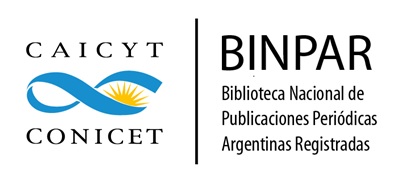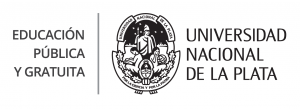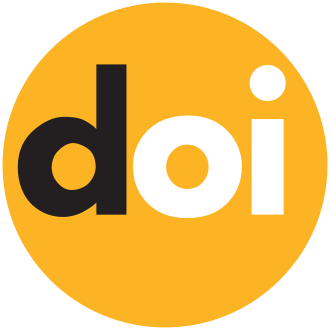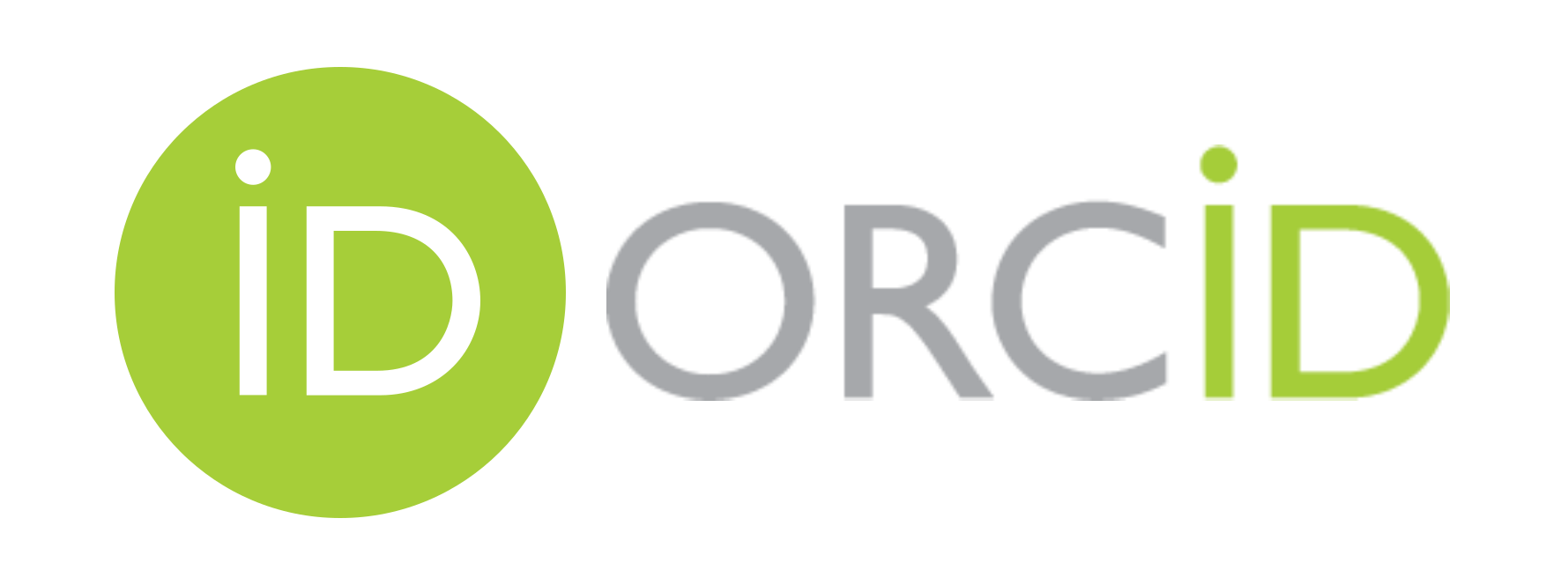Student Lockdown
A Perspective on the Impact of Transitioning to Remote-Only Education by COVID-19 in Bogotá, Colombia
DOI:
https://doi.org/10.24215/18524907e058Keywords:
in personal education, remote education, pandemic, university studentsAbstract
All areas of social life, including university education, were transformed by the compulsory quarantine by COVID-19. In Colombia, this sector carries with it structural problems of both education and material inequalities that were emphasized with the pandemic. The following article is the result of qualitative research that seeks to show the impact of the transition from an in-person to a remote education modality, and, from there, understand the reception by university students of educational strategies in the digital environment of higher education.
Downloads
Metrics
References
Apodaca-Orozco, G. U. G., Ortega-Pipper, L. P., Verdugo-Blanco, L. E. y Reyes-Barribas, L. E. (2017). Modelos educativos: un reto para la educación en salud. Ra Ximhai, 13(2), 77-86. Recuperado de http://www.revistas.unam.mx/index.php/rxm/article/view/71500
El Espectador (20 de marzo de 2020). Cuarentena total en Colombia por coronavirus, declara el presidente Duque. El Espectador.
Estrada, P. (2020). Educación en tiempos de pandemia: COVID-19 y equidad en el aprendizaje. Monterrey, México: Observatorio de Innovación Educativa, Tecnológico de Monterrey.
Gomez-Marin, J. E., González, A. y Rodriguez-Morales, A. J. (2020). Pandemia COVID-19: Reflexiones sobre su impacto para la preparación
en el control de enfermedades infecciosas en Colombia. Infectio, 24(3), 141-142. http://dx.doi.org/10.22354/in.v24i3.854
Gutiérrez de Álamo, P. (11 de mayo de 2020). «Un mundo en estado de excepción no puede pedirle a la educación normalidad». Entrevista a Carlos Skliar. Recuperado de https://eldiariodelaeducacion.com/2020/05/11/un-mundo-en-estadode-excepcion-no-puede-pedirle-a-la-educacion-normalidad/
Holstein, J, y Gubrium, J. (1995). The Active Interview. California, United States: Sage.
IDPAC (Instituto Distrital de la Participación y Acción Comunal). Sitio oficial. Recuperado de https://www.participacionbogota.gov.co/
Kvale, S. (1996). Interviews. Londres, Inglaterra: Sage.
Pomposo Yanes, M. L. (2015). Análisis de necesidades y propuesta de evaluación en línea de la competencia oral en inglés en el mundo
empresarial (Tesis doctoral). Madrid, España Universidad Nacional de Educación a Distancia. Recuperado de http://espacio.uned.es/fez/eserv/tesisuned:FilologiaMlourdespomposo/POMPOSO_YANES_Lourdes_Tesis.pdf
Educación virtual, ¿el desafío es solo tecnológico? (4 de mayo de 2020). Pesquisa Javeriana. Laboratorio de Economía de la Educación PUJ. Recuperado de https://www.javeriana.edu.co/pesquisa/tag/laboratoriode-economia-de-la-educacion-puj/
Samanes, A. B. E. (1983). La investigación empírica de carácter educativo en las universidades españolas (1980-1983). Revista de Investigación Educativa, (2), 144-204.
SENA (Servicio Nacional de Aprendizaje). Sitio oficial. Recuperado de https://www.sena.edu.co/es-co
TED: Ideas worth spreading. TED Talks. Sitio oficial. Recuperado de https://www.ted.com
TEDx Talks. (8 de abril de 2020). Nuevas formas de aprender y enseñar a partir de la pandemia [Video]. Youtube. Recuperado de
https://www.youtube.com/watch?v=Tgr0mfEYhUs&list=LLzeHTxucPxIDbaKz1TwWAA&index=5&t=384s
UNESCO. (2020). Coalición Mundial para la Educación. Recuperado de https://es.unesco.org/covid19/globaleducationcoalition
Universidad del Rosario. (16 de marzo de 2020). El desafío pedagógico en tiempos de pandemia - Alejandro Cheyne [Archivo de Vídeo].
Youtube. Recuperado de https://www.youtube.com/watch?v=JvL1CDrrYe8
Vásquez, E. L. y León, R. M. (2013). Educación y modelos pedagógicos. Bocaya, Colombia: Secretaría de Educación, Área Misional.
Additional Files
Published
How to Cite
Issue
Section
License
Copyright (c) 2021 María Paula Velandia Sedano

This work is licensed under a Creative Commons Attribution-NonCommercial-ShareAlike 4.0 International License.
The acceptance of an original by the journal implies the non-exclusive transfer of the patrimonial rights of the authors in favor of the publisher, who allows the reuse, after its edition (postprint), under a Creative Commons License Attribution-NonCommercial-ShareAlike 4.0 International.
According to these terms, the material can be shared (copy and redistribute in any medium or format) and adapted (remix, transform and create another work from the material), provided that a) the authorship and the original source of their publication (magazine and URL of the work) are cited, b) is not used for commercial purposes and c) the same terms of the license are maintained.
The assignment of non-exclusive rights implies that after postprint in Revista Argentina de Estudios de Juventud authors may publish their work in any language, media and format; in that case, it is requested that they signal that the material was originally published by this journal.
Assignment also entails the authors’ authorization for the work to be collected by SEDICI, the institutional repository of the Universidad Nacional de La Plata, and for it to be indexed in the databases that the publisher thinks appropriate for enhancing the visibility of the published work and its authors.
In addition, the journal encourages authors to submit their works to other institutional and thematic repositories after their publication in Revista Argentina de Estudios de Juventud, under the assumption that offering society unrestricted access to scientific and academic production contributes to a greater exchange in global knowledge.

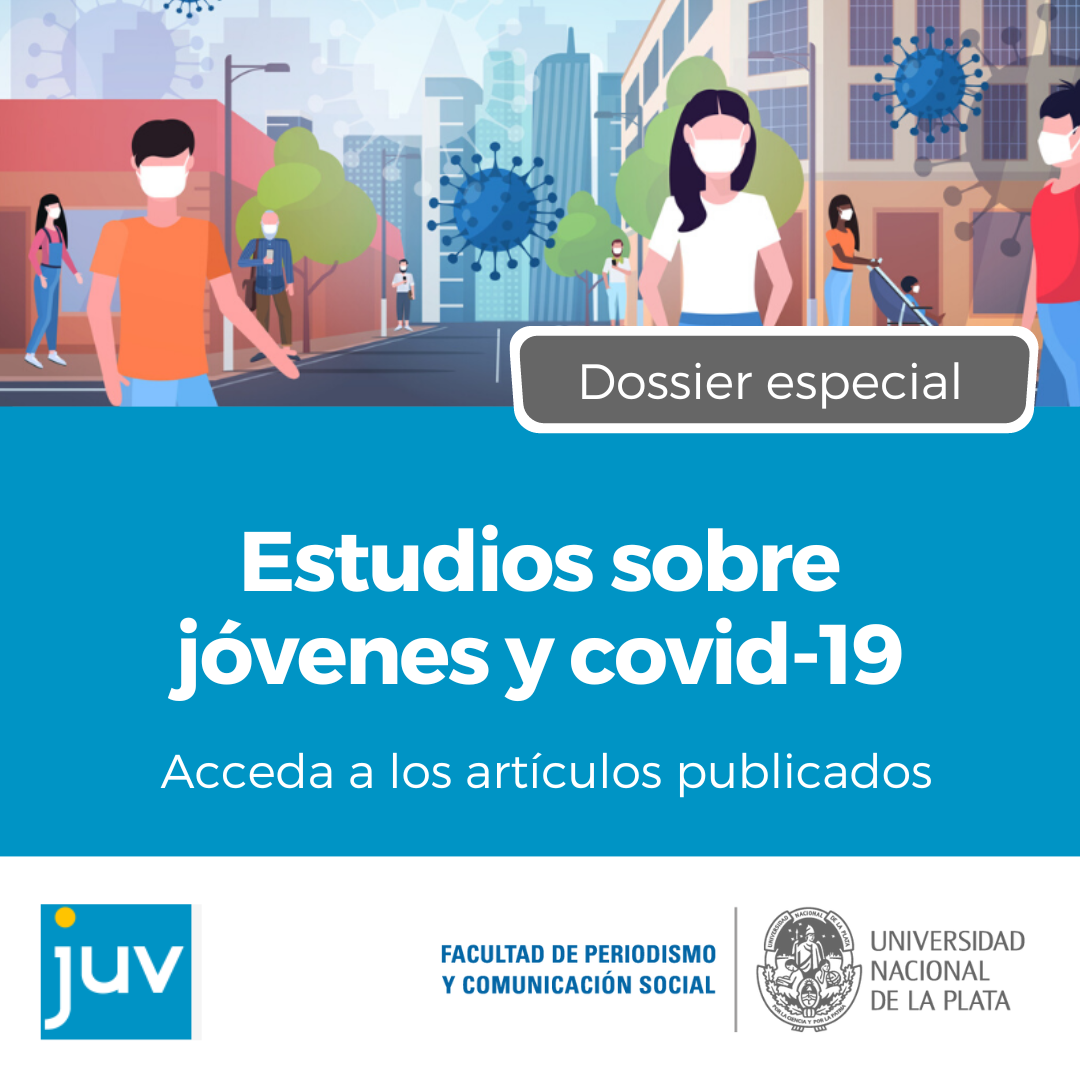




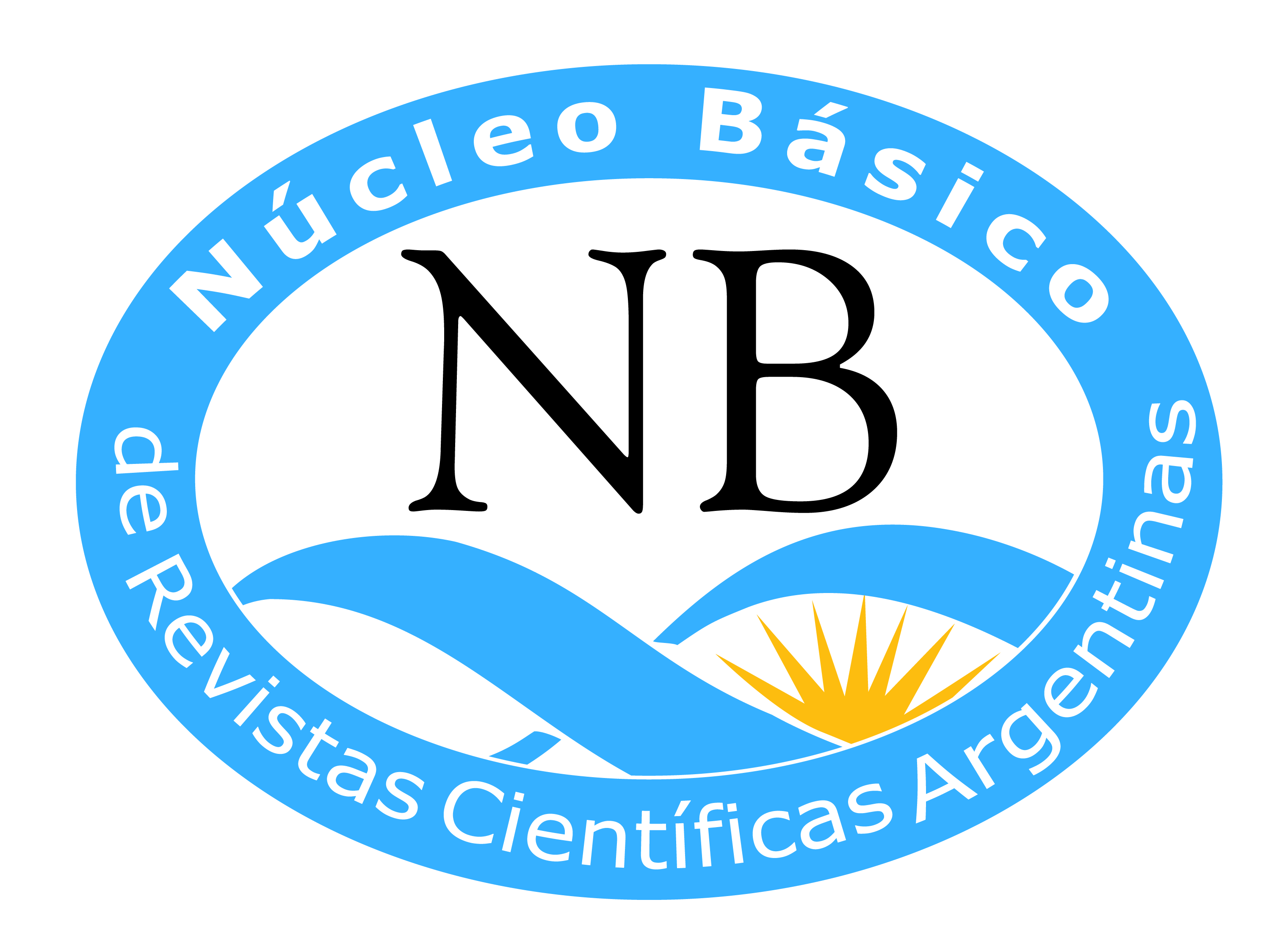
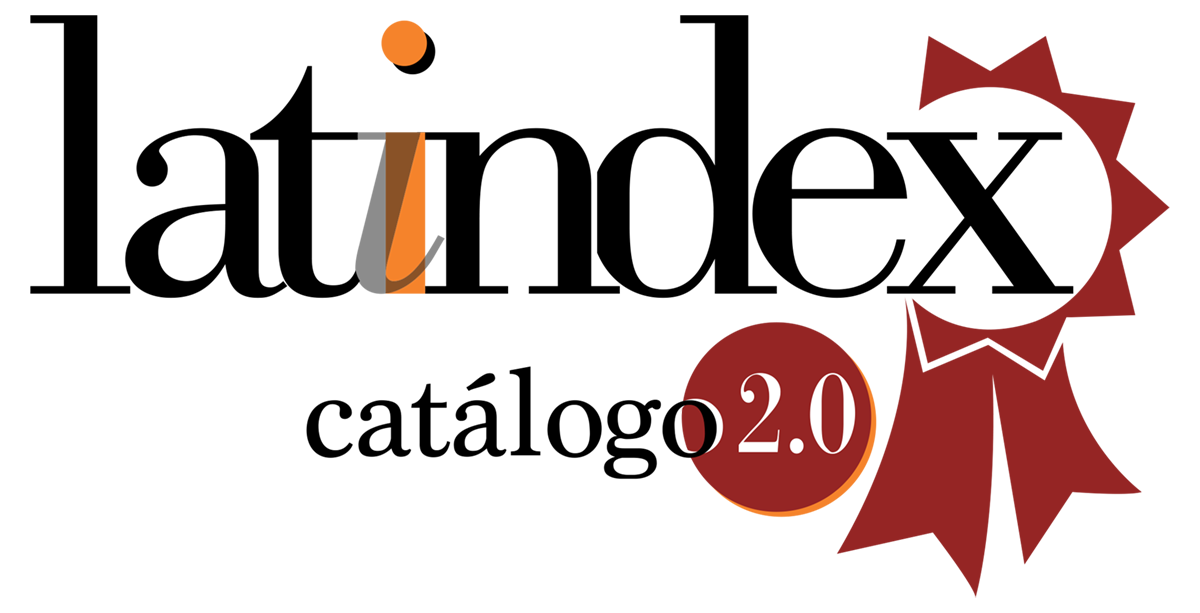

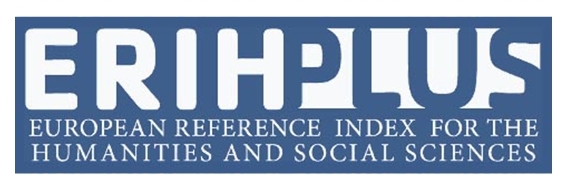



.png)















